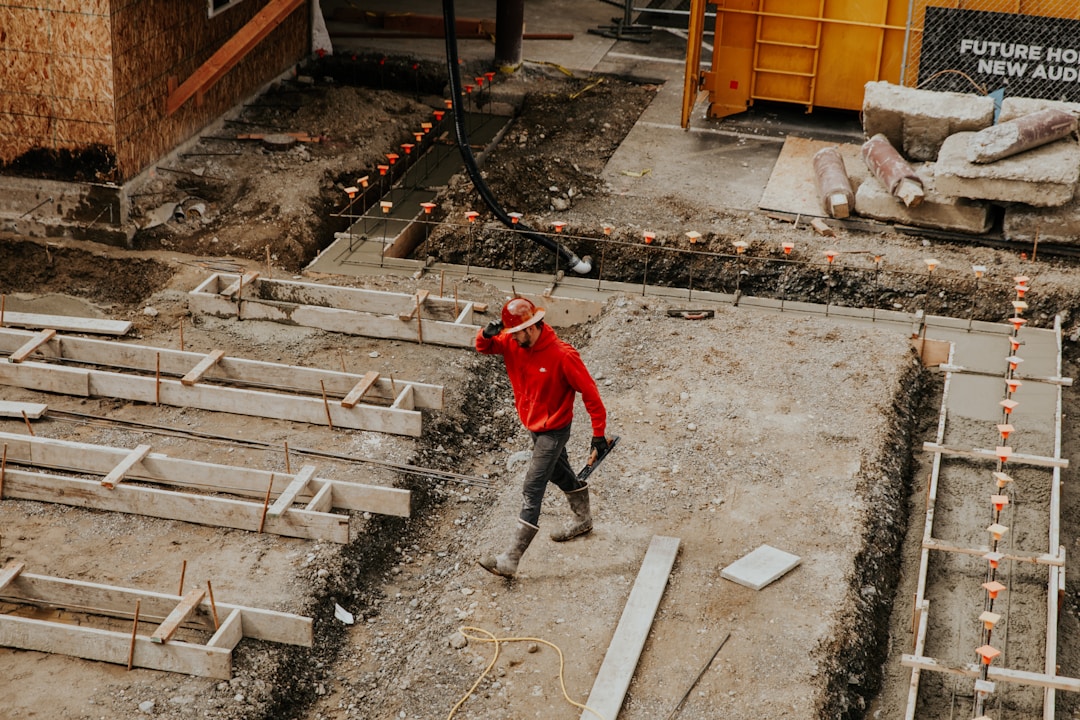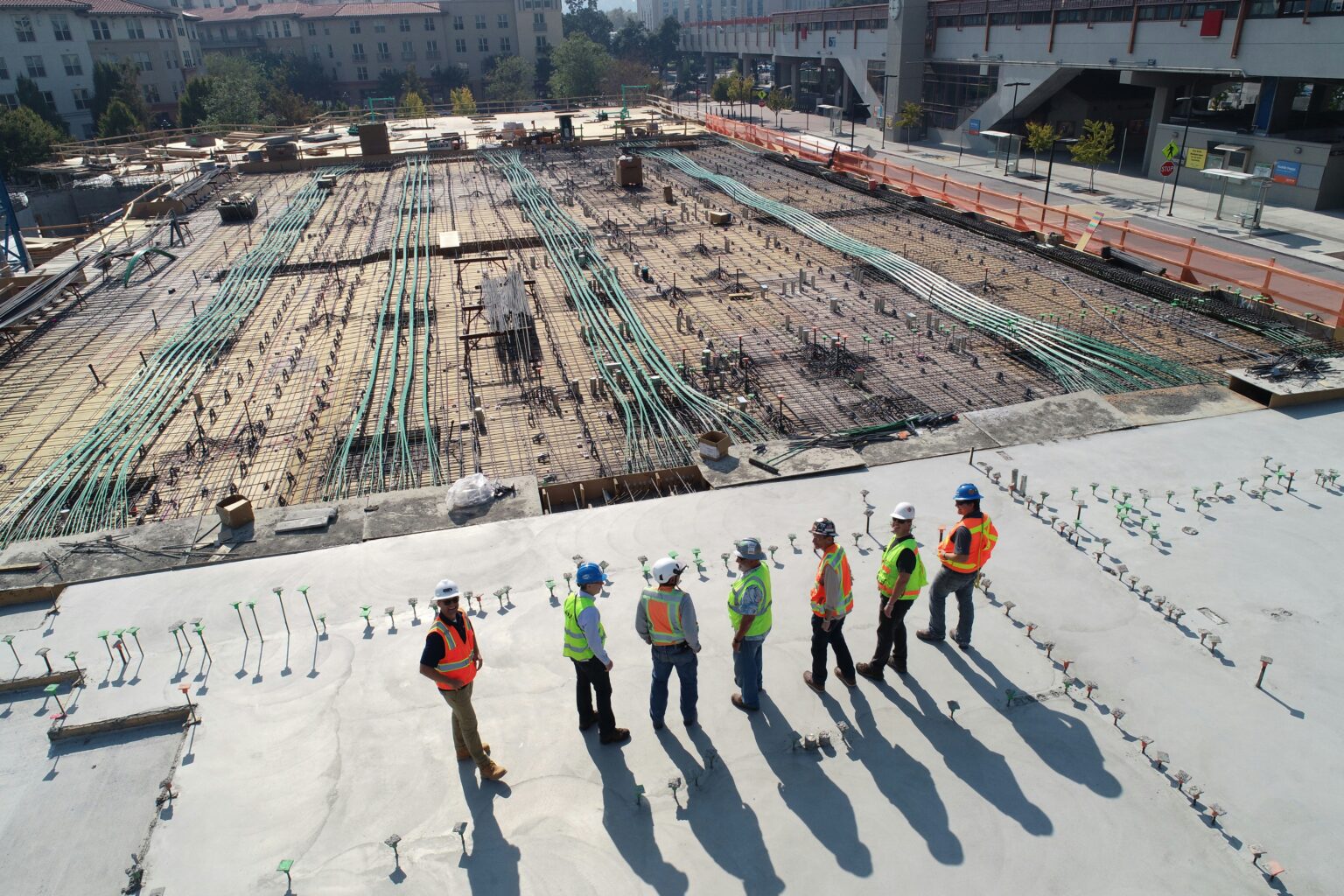Tips for Selecting the Right Construction Contractor
When embarking on a construction project, finding the right contractor is pivotal to its success. A contractor’s expertise, reputation, and reliability can profoundly impact the process and the final result. Selecting an exceptional construction partner requires careful consideration of several factors to ensure your project is executed with precision and professionalism. In this article, we’ll explore the key aspects to consider when choosing a construction contractor who will meet and exceed your expectations.
Evaluating the Experience and Track Record of Construction Contractors

The experience of a construction contractor often dictates the quality of their work and their ability to manage a project efficiently. A seasoned contractor will have encountered various challenges and learned the best approaches to surmount them. Evaluating a contractor’s experience involves not just the number of years they’ve been in the business, but also the types of projects they’ve completed and their approach to problem-solving.
In addition to experience, a contractor’s track record is a testament to their ability to deliver results. A reputable contractor will have a portfolio of completed projects and a list of satisfied clients. Requesting references and conducting follow-ups can provide valuable insights into the contractor’s reliability, adherence to timelines, and ability to stay within budget.
One practical approach to assess a contractor’s credibility is to read testimonials and reviews. For example, checking out Simple Choice Construction reviews could offer first-hand accounts of client experiences, aiding you in making an informed decision. A history of positive feedback is a strong indicator of a contractor’s reputation and customer satisfaction levels.
Examining a contractor’s past failures and how they addressed them is equally important. This information can reveal their level of accountability and commitment to quality. A contractor who is open about their learning experiences demonstrates transparency and a dedication to continual improvement.
Understanding the Importance of Licensing and Insurance in Construction

Licensing is one of the critical facets to verify when hiring a construction contractor. A licensed contractor has met the qualifications and adheres to industry legal compliance and safety standards. Moreover, licensing typically indicates that a contractor has passed required exams and maintains up-to-date knowledge of building codes and regulations. On the other hand, insurance is essential for protecting the owner and the contractor from unforeseen incidents. An insured contractor carries general liability and workers’ compensation, meaning you won’t be held accountable for accidents or damages during the request, and requesting proof of understanding what is covered before proceeding with a contract.
Some contractors might present minimum state-required licensing and insurance as a selling point. However, the best contractors often exceed these minimum requirements. They invest in comprehensive coverage and maintain their licensing with ongoing education, ensuring their services always align with the latest industry standards.
The absence of proper licensing and insurance can expose you to significant risks, including legal liabilities and financial losses. Therefore, verifying these aspects before hiring a contractor is essential for a secure and successful project. Ask for documentation and consult your local regulatory body to confirm the paperwork is in order.
The Role of Communication and Professionalism in Construction Projects
Effective communication is the cornerstone of any successful construction project. A contractor who communicates, listens to client needs, and provides regular updates instills confidence and facilitates a smooth process. Complemented by strong communication skills, professionalism ensures that all parties are on the same page through every construction phase.
Assess the contractor’s responsiveness from the outset. A professional contractor will address your queries promptly and thoroughly, demonstrating their commitment to client service. Professionalism also includes providing realistic timelines, transparent cost estimates, and respecting your property and privacy during construction.
During initial meetings, observe the contractor’s demeanor, punctuality, and preparedness. These interactions often reflect the contractor’s work ethic and respect for clients’ time and investment. Discussing is also beneficial. It’s also helpful to discuss how the contractor plans to handle any discrepancies or changes to the project. A proactive and professional approach to conflict resolution can significantly reduce stress and misunderstanding.
Overall, selecting the right construction contractor hinges on experience, licensing, communication, and professionalism. Thoroughly vetting candidates ensures your project progresses smoothly, stays within budget, and meets high-quality standards.




